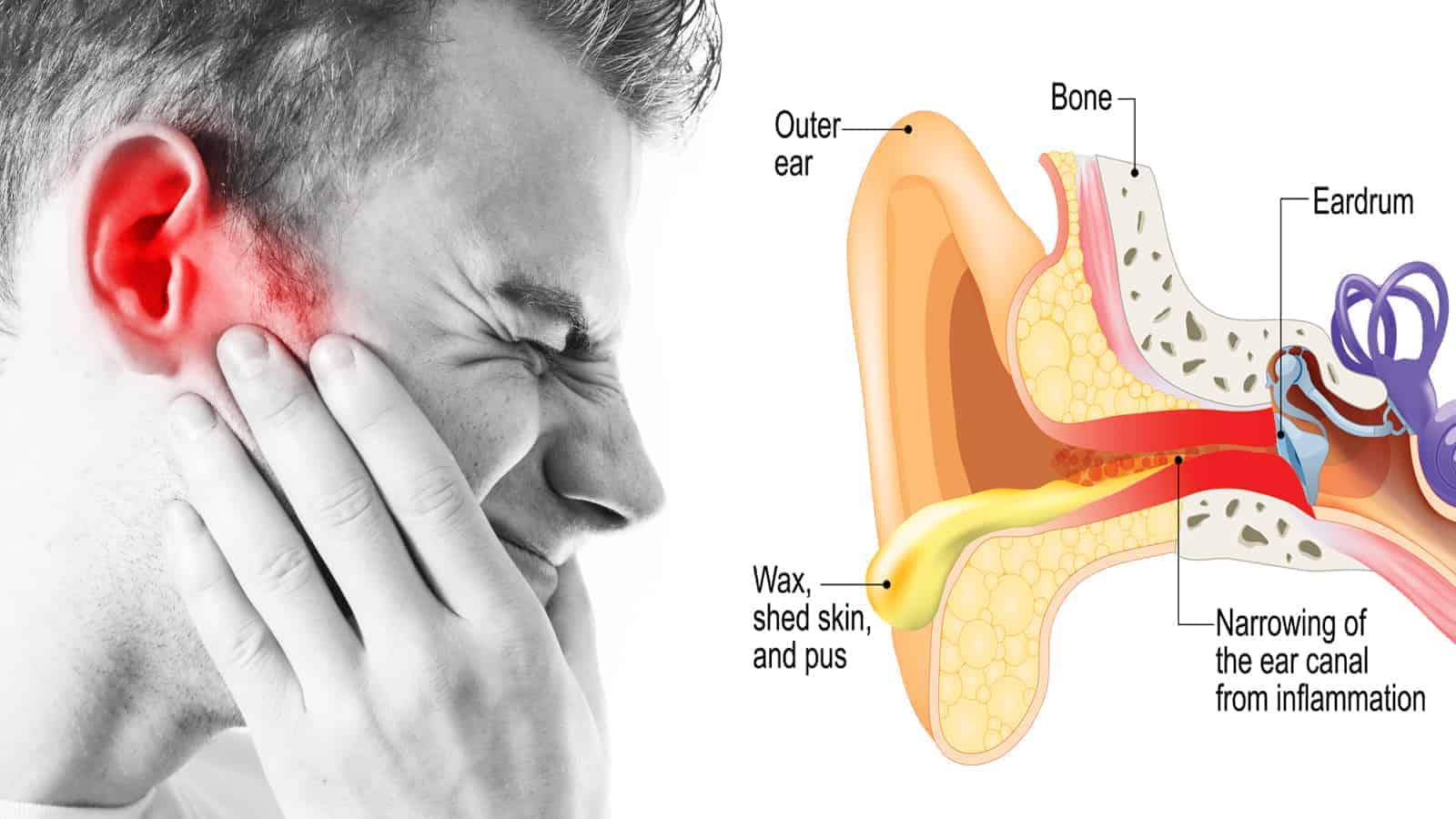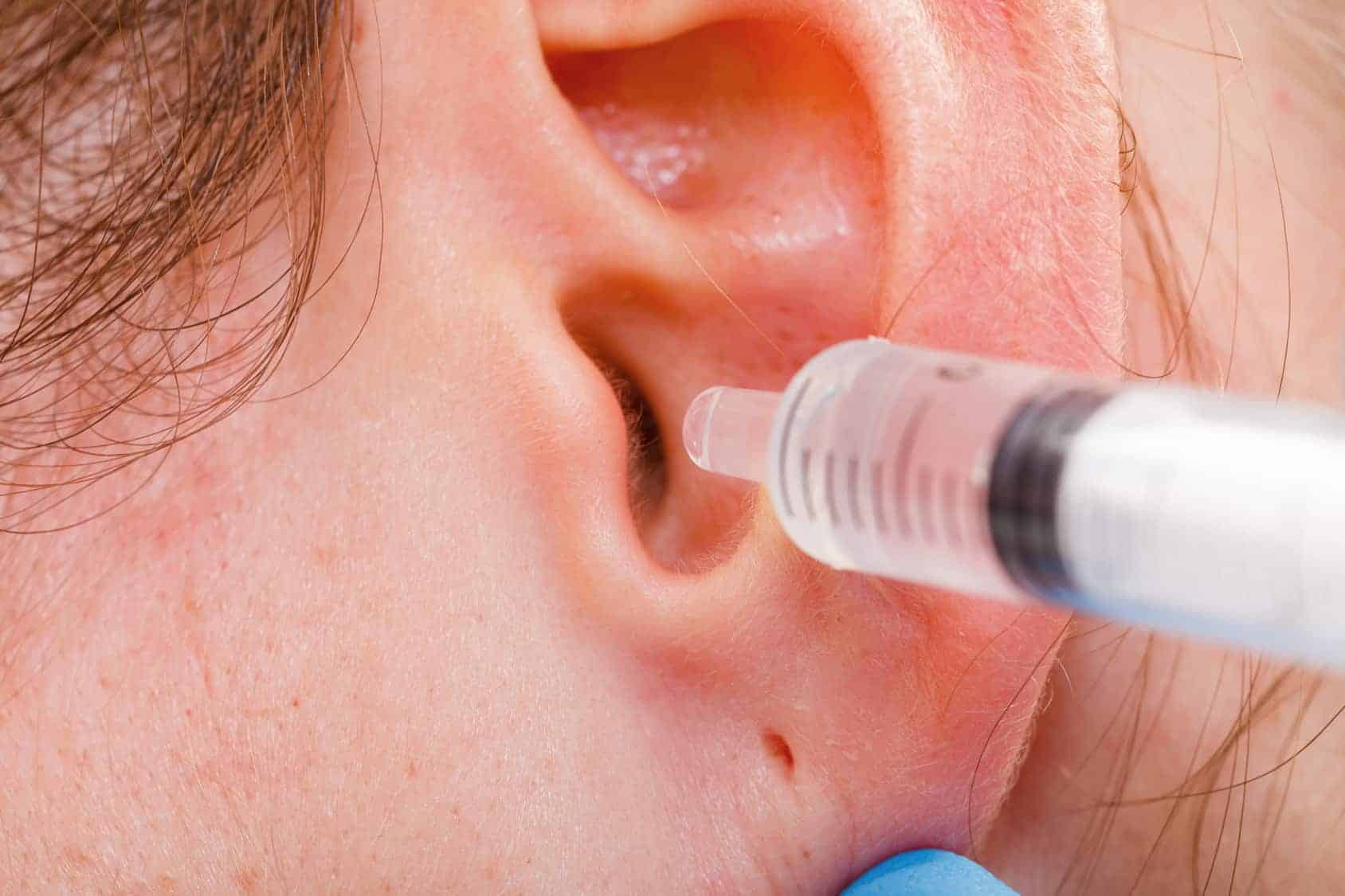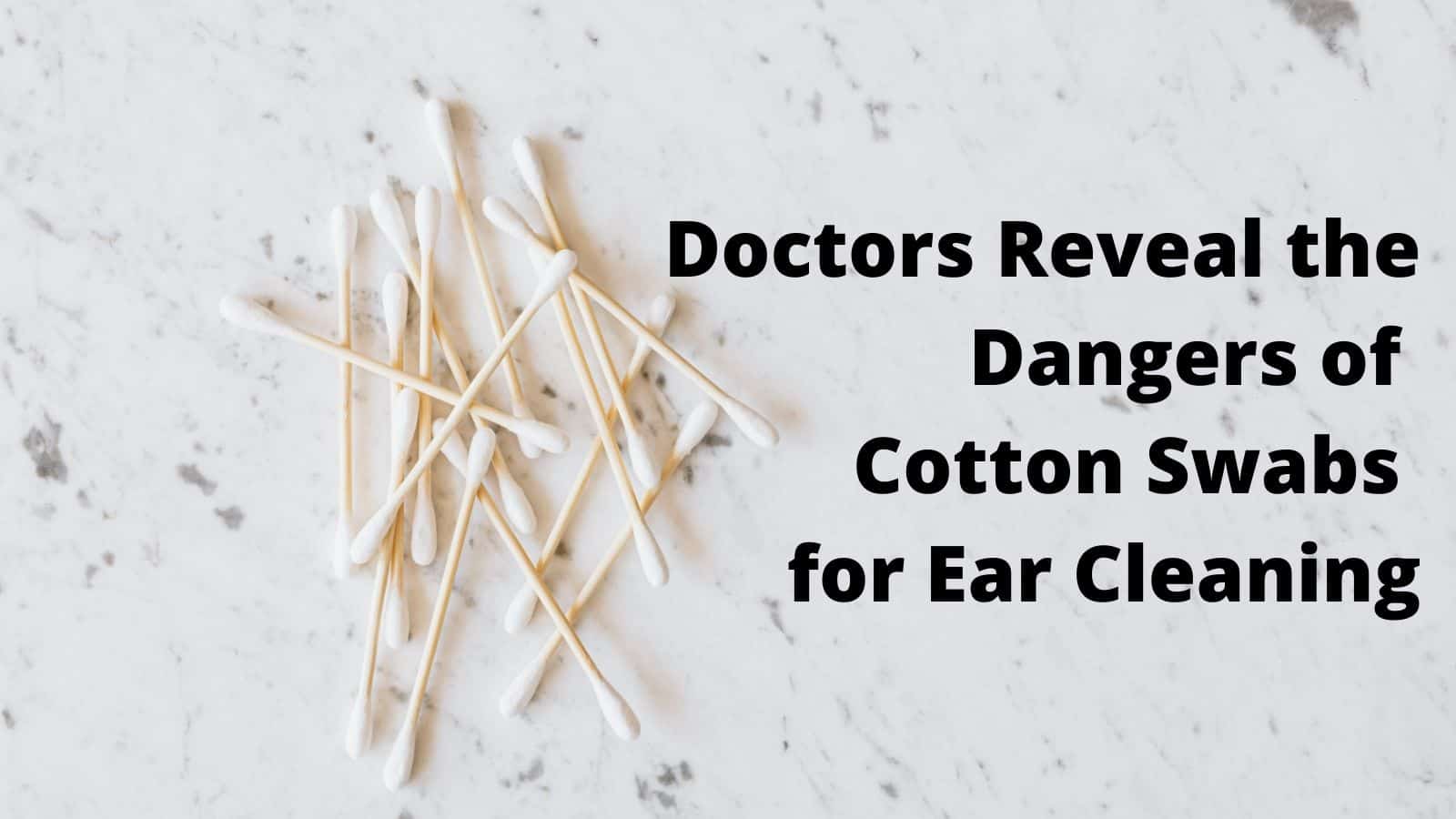If you take to water like a fish, then summer is definitely your season. When the thermometer is climbing, and the air is captive with oppressive humidity, you’re ready to jump in the pool. Perhaps your summer calendar is brimming with poolside parties, water sports, and exciting trips to the beach.
Fitness experts say that swimming is one of the best exercises for your body. It includes most of your muscles in a thorough workout that is just as much fun as it is beneficial. Water buoyancy during swimming takes the weight and strain from the body, so it is an ideal way for people to exercise who have joint and muscle issues.
According to recent surveys, nearly 80 percent of people in America know how to swim. No wonder pools and beaches are such popular hangouts during the summer. Many swimmers are active in a water sports program for a school, college, or professionally.
You may be one of those who spend more time in the water than you do on land, especially during the hot summer. As a swimming enthusiast, you are probably taking precautions to protect your skin, hair, and eyes from damaging sun and chlorine exposure. Another problem that often affects water babies is swimmers ear.
What Is Swimmers Ear?
The narrow canal, called the auditory canal, connects your outer ear to your middle ear and is usually exposed to the elements. It contains glands that produce protective earwax. Even with your best efforts to wear earplugs when showering or swimming, you’re bound to get a bit of water in this canal.
Swimmers ear, or otitis externa, is a generic medical term for infection of the outer ear. Although it’s commonly attributed to those who swim a lot, otitis externa can be linked to other causes. These may include infections of the throat and sinuses or allergies.
What Causes Swimmers Ear?
You don’t necessarily have to be an avid swimmer to develop swimmers ear. Acute infection can be caused by bacteria, viruses, or mold that can fester in the auditory canal. When the canal is damp or has earwax buildup, it creates a warm haven for these harmful microbes to live and multiply.
In response to the foreign invaders, white blood cells rush into the ear canal blood vessels for defense. The canal’s outer skin layer swells and inflames its nerves, causing pain and itching. As many white blood cells and microbes die in battle, they create a foul-smelling discharge that can block the canal.
Signs and Symptoms of Swimmers Ear
If you’ve ever had swimmers ear, you are familiar with its intense pain in the auditory canal. Other signs and symptoms include itching, swelling, discharge, and sometimes fever in severe cases. This middle ear infection is common in children.
Otitis externa is often so painful that it hurts just to touch the outer ear. The pain and itching can disrupt sleep and make chewing or talking uncomfortable. If left untreated, swimmers ears can lead to infection and damage to the eardrum and cause potential hearing loss.
Treating Swimmers Ear
When your ears are itching, it’s a normal reflex to scratch them for relief. However, scratching an infected ear can make the inflammation worse and cause a secondary infection. Although it’s more than tempting, avoid digging in your ear canal with cotton swabs, which can push the infection further into your ear or perforate your eardrum.
If your ear infection is bacterial, your professional healthcare provider may prescribe a round of antibiotics. You may also be advised to take over-the-counter medication to reduce swelling and pain. If an allergy is involved or if your infections are chronic, you may be referred to a specialist.
Sometimes you may have an acute ear infection or one that is mild to moderate. Did you know that you can often care for it at home? Here are six effective natural remedies for otitis externa for you to consider:
1.An Ounce of Prevention
Perhaps the best way to deal with middle ear infections at home is to prevent them in the first place. If you don’t want harmful microbes to set up house in your ear canal, then make it less hospitable for them. Keeping your auditory canal as dry and clean as possible can minimize your risks.
When you or your children are swimming, consider using comfortable fitting earplugs or a snug swimmers cap. You can also use earplugs when you shower to prevent excess water or soap from entering your ear canal.
Another way to keep the insides of your ears dry is to use a hairdryer. Put your hairdryer on the lowest heat and power setting and hold it about 6-8 inches from each ear until they’re dry. Take care not to leave the air on your ears too long because it may cause mild burning or irritation.
After swimming or showering, gently dry your ears. Tilt your head to each side for a few seconds to allow any water droplets to drain. Gently tug your earlobe a bit to provide good drainage. If you’ve been outside in the wind and rain, check your ears for any trapped water.
2. Hydrogen Peroxide
Hydrogen peroxide is one of the best allies in your first aid kit to combat infections, including middle ear infections. It is cheap and easy to find in any pharmacy or department store. Unlike alcohol, hydrogen peroxide is almost odorless and rarely causes burning sensations on sensitive skin.
If you’ve developed otitis externa, hydrogen peroxide can effectively kill the harmful microbes and relieve the infection. Tilt your head to the side and use a medicine dropper to add a few drops of the liquid into the affected ear. Allow it to fizz for a few seconds, drain any excess, and dry your ear thoroughly. You can repeat, as necessary.
3. Use Heat or Cold
A middle ear infection can be quite painful. Often, a warm compress can soothe the irritated nerves. Set your heating pad on low to moderate temperature and lie your affected ear against it for a while. You can also use a wrapped hot water bottle or heat sock gently warmed in the microwave.
Take caution not to sleep on an electric heating pad, because overexposure may burn your outer ear. The same hairdryer technique for drying your ears can also be an effective way of reducing the pain of an ear infection. Observe the same precautions as you would any other heat source.
Some people with otitis externa find relief with a cold compress. The coolness calms the itchy and burning sensations. Wrap an ice pack in a clean towel and press gently against the affected ear as needed.
4. Apple Cider Vinegar
You’ve probably read documented studies about the many health benefits of apple cider vinegar. This ubiquitous pantry staple is a powerful natural antiseptic, antifungal, and antibacterial. It has been used for generations as a home remedy to combat external and internal infections.
To make an effective ear drop solution, mix two tablespoons of apple cider vinegar with two tablespoons of warm water. Tilt your head and use a medicine dropper to apply 5-10 drops in your affected ear. Keep your head tilted for about 5 minutes and tilt your head to the opposite side to drain any excess vinegar.
5. Alcohol & White Vinegar
This quintessential home remedy combines a double whammy against bacteria and infections. It’s also an effective regimen to help prevent ear infections like otitis externa. The isopropyl alcohol, commonly called rubbing alcohol, kills most germs and many viruses on contact.
The white vinegar is a natural antibacterial that can also prevent troublesome earwax buildup. Mix one-fourth cup of alcohol with one-fourth cup of white vinegar. Gently add a teaspoon to one ear at a time, allow the solution to work, and tip your head to drain anything remaining.
6. Tea Tree Oil
The research behind tea tree oil is extensive, including its antibacterial and antiseptic properties. For years, many people have used it successfully to help conditions like eczema, acne, and psoriasis. Although it shouldn’t be ingested, you can still use tea tree oil as effective ear drops.
Do you have an acute middle ear infection? Add a few drops of tea tree oil to the affected ear and allow it to sit for about 5 minutes before draining. Tea tree oil has a pleasant scent, and it usually doesn’t irritate inflamed skin.
 Final Thoughts: When To Seek Professional Care or Swimmers Ear
Final Thoughts: When To Seek Professional Care or Swimmers Ear
Most acute cases of otitis externa that are mild to moderate will usually resolve with natural remedies in a few days. However, if your ear infections are chronic, and you are experiencing severe pain, fever, abnormal discharge, or sudden hearing loss, seek medical attention as soon as possible.
With these sensible prevention and home remedy suggestions, you can splash away all summer with minimal ear problems. Take care, and keep your ears dry and happy. You’ll continue to enjoy hearing the sounds of summer and swimming fun for years to come.




















